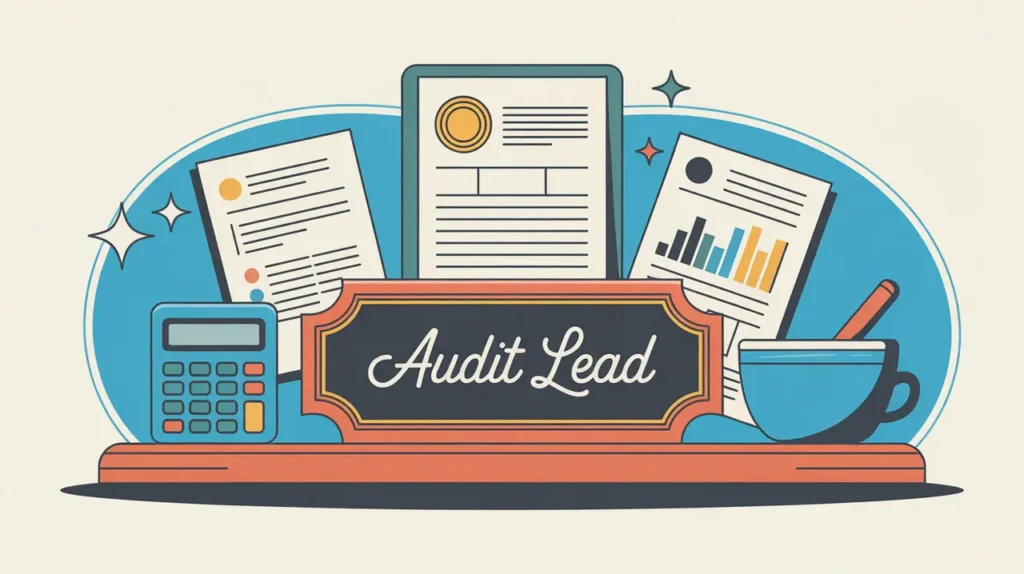What Does the Bookkeeper Role Involve?
A bookkeeper is responsible for maintaining accurate and up-to-date financial records that form the backbone of an organization’s accounting and reporting systems. This involves recording transactions, reconciling accounts, processing payroll, managing invoices and receipts, and ensuring that all financial data is organized and accessible. Bookkeepers play a crucial role in ensuring the integrity and reliability of day-to-day financial operations. The role typically sits within finance or accounting functions. In both nonprofits and social enterprises, bookkeeping provides the essential financial foundation that supports transparency, compliance, and sound decision making.
At What Level does this Role Operate?
Entry Level: This role operates within finance or accounting teams and focuses on transactional and operational financial management. Bookkeepers typically report to accountants, finance managers, or directors of finance. They may also work closely with program staff to ensure accurate allocation and recording of expenses.
Relative Employability: Entry-level bookkeeping roles are consistently in demand across nonprofits, social enterprises, businesses, and public institutions. Accurate financial record-keeping is a universal requirement, and individuals with strong attention to detail and basic accounting knowledge are well positioned for these roles.
Relative Pay Scale: Within nonprofits and social enterprises, bookkeeper roles typically sit in the mid pay bands for entry-level finance staff. Compensation reflects the essential nature of the work and the responsibility for maintaining accurate financial records.
What are the Key Responsibilities and Activities?
- Record and classify daily financial transactions in accounting systems
- Reconcile bank statements, accounts payable, and accounts receivable
- Manage invoices, receipts, and expense documentation
- Support payroll processing and maintain related records
- Prepare routine financial summaries and reports for internal use
- Ensure financial data is organized, complete, and compliant with standards
- Support accountants and finance managers in preparing for audits and financial reviews
- Maintain confidentiality and accuracy in all financial transactions
What Core Competencies and Qualifications are Needed?
Required Qualifications and Experience
The following reflect common qualifications and experience expected for this role, while recognizing that pathways may vary by context, organization, and region.
- Relevant academic background in accounting, finance, or a related field, or equivalent professional experience
- Appropriate years of relevant experience for an entry-level role, which may include internships or administrative financial work
- Familiarity with basic accounting principles and bookkeeping practices
- Experience using accounting software or financial management systems
Key Competencies
- Strong attention to detail and accuracy
- Understanding of accounting principles and financial record-keeping
- Proficiency with bookkeeping and accounting software
- Time management and organizational skills
- Confidentiality and integrity in handling financial information
- Ability to work collaboratively within finance teams
How are AI and Automation Shaping this Role?
An AI-native bookkeeper will look to AI and automation to optimize data entry, improve accuracy, and streamline reconciliations. They can use AI tools to automate transaction categorization, detect anomalies in financial data, and generate routine reports. Automation can reduce manual workload for tasks like invoice processing, bank reconciliation, and payroll management. By integrating AI into daily workflows, bookkeepers can focus more on ensuring financial accuracy, supporting financial analysis, and maintaining strong compliance practices.
What Career Pathways and Transferable Skills are Associated with this Role?
Bookkeeper roles provide a strong foundation for advancement into accountant, finance officer, or audit associate positions. The skills developed in transaction management, financial record-keeping, and attention to detail are transferable to a wide range of financial management, compliance, and administrative roles across nonprofits, social enterprises, businesses, and the public sector.







